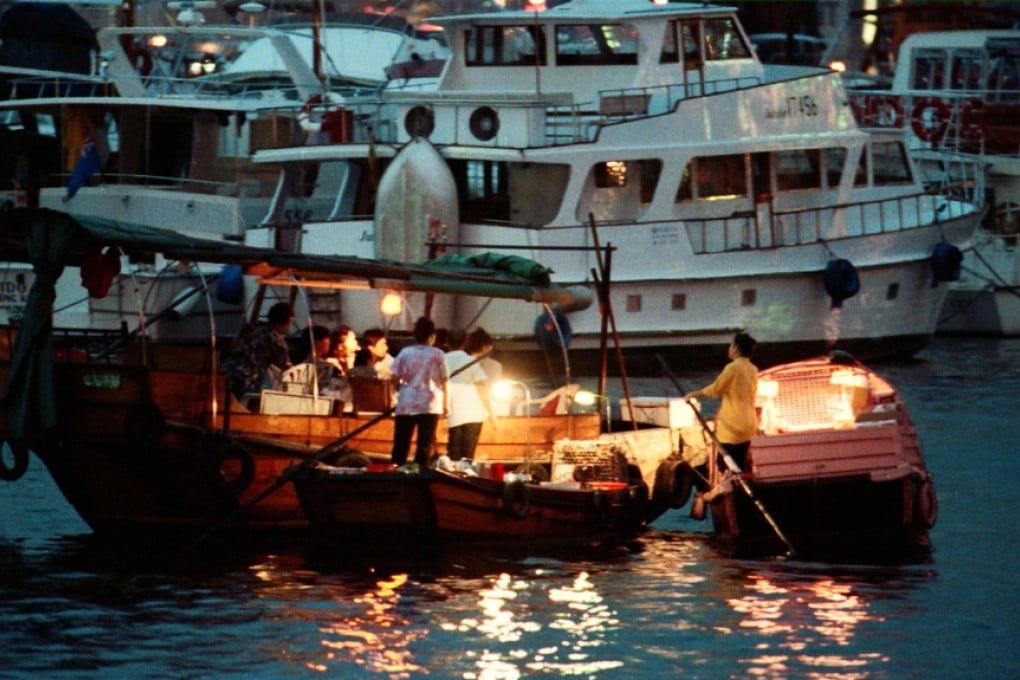Reflections | The uncertain origins of Hong Kong’s Tanka people
Originally an indigenous people separate from Han Chinese, the boat-dwelling Tanka long ago lost their language and these days many are thoroughly assimilated into Cantonese culture, writes Wee Kek Koon

I recently took a visitor from Singapore to a floating restaurant – actually a row of small sampans tied together – in Causeway Bay Typhoon Shelter, where we had a delicious seafood meal made by a Tanka cook.

Despite being Sinicised to the extent of losing their own language, the Tanka were for centuries despised by the land-dwelling Han. The prejudice runs so deep that many of the Tanka in Hong Kong even take umbrage in the appellation “Tanka” and prefer to be referred to as “boat dwellers” or “people living on the water” instead. However, many Tanka, like most of the Hakka and Hoklo, have been completely assimilated into the predominant Cantonese culture in Hong Kong.
#SoHongKong - for more stories about what makes Hong Kong unique, search for this hashtag.
